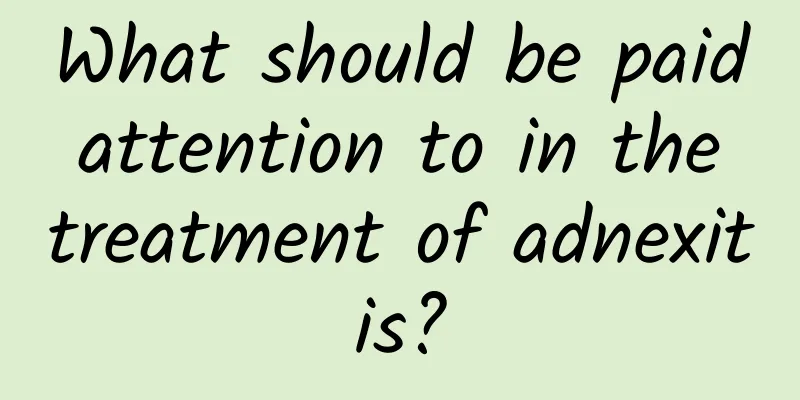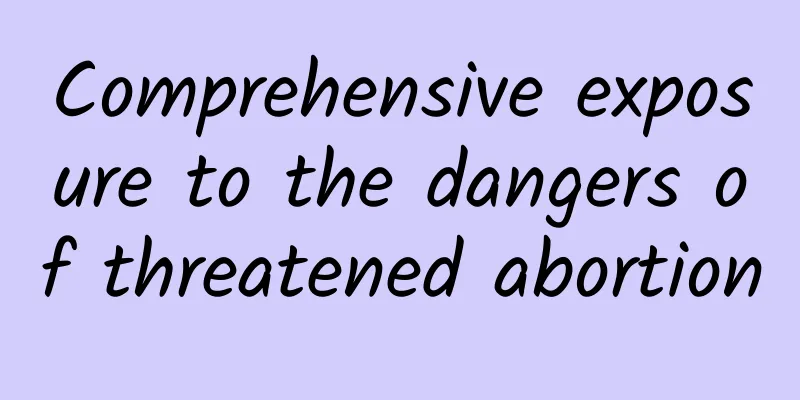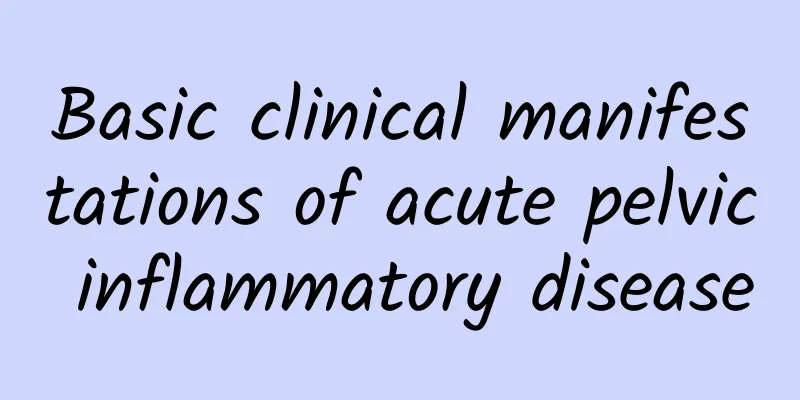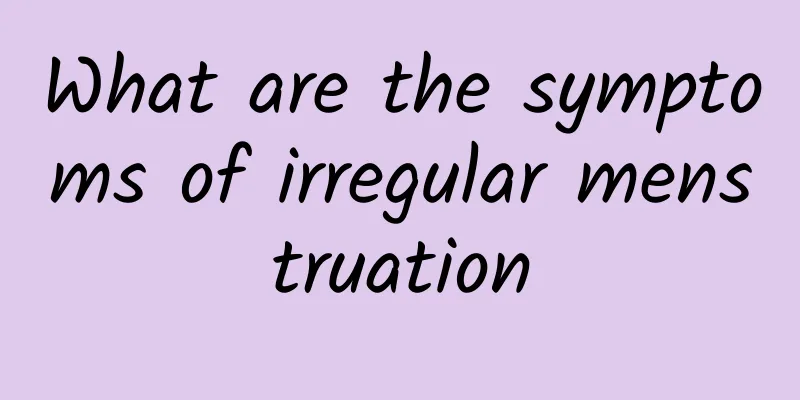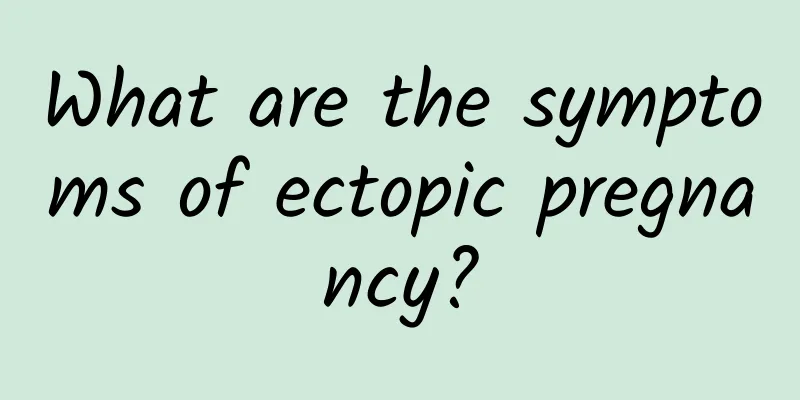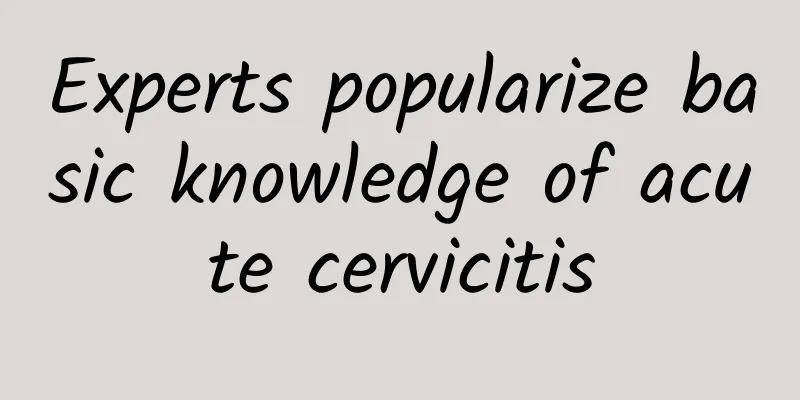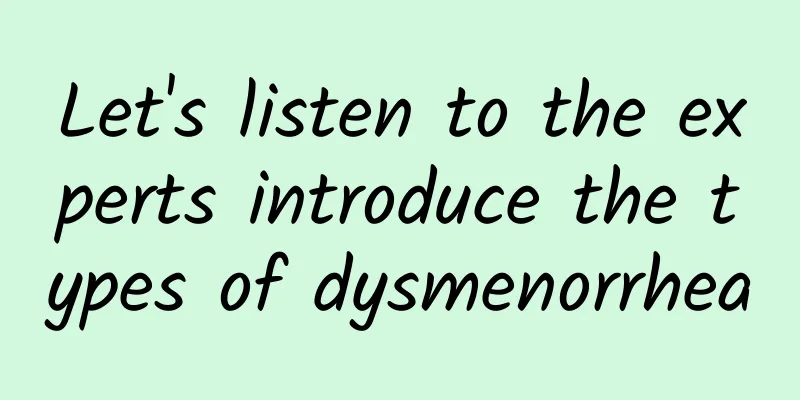How to eliminate the symptoms of uterine fibroids and ovarian cysts
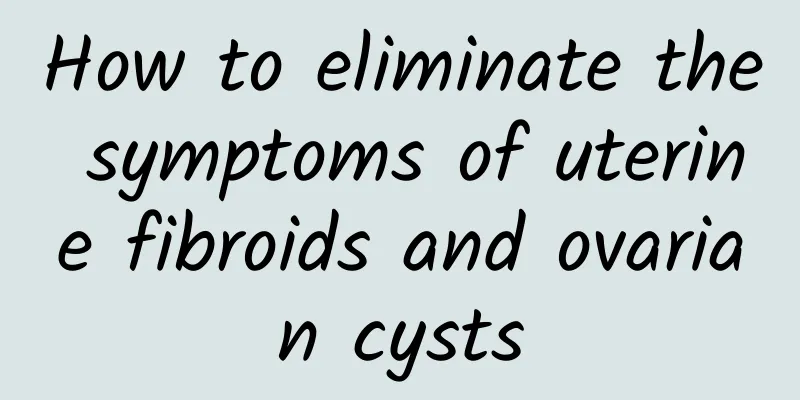
|
Eliminating the symptoms of uterine fibroids and ovarian cysts requires medication, surgery, or lifestyle adjustments depending on the specific situation. Symptoms of uterine fibroids and ovarian cysts may include abdominal pain, irregular menstruation, abdominal distension, etc. The specific treatment plan needs to be formulated based on the severity of the disease and the patient's needs. 1. Drug treatment: For patients with mild symptoms, doctors may prescribe drugs to relieve symptoms or control the progression of the disease. Commonly used drugs include gonadotropin-releasing hormone agonists GnRH-a, such as leuprolide, which are used to shrink fibroids or cysts; oral contraceptives, such as ethinyl estradiol cyproterone acetate tablets, which are used to regulate hormone levels; non-steroidal anti-inflammatory drugs NSAIDs, such as ibuprofen, which are used to relieve pain. Drug treatment should be carried out under the guidance of a doctor, and regular reviews should be conducted to evaluate the effect. 2. Surgical treatment: For patients with severe symptoms or those who are ineffective with drug treatment, surgical treatment may be required. Common surgical methods include hysteromyomectomy, which is the removal of fibroids through laparoscopy or laparotomy; ovarian cystectomy, which is suitable for larger cysts or suspected malignant cysts; hysterectomy, which is suitable for patients with large or multiple fibroids and no fertility needs. The surgical plan should be selected according to the patient's age, fertility needs and condition. 3. Lifestyle adjustment: A healthy lifestyle can help relieve symptoms and prevent recurrence. In terms of diet, it is recommended to increase fiber-rich foods, such as whole grains, vegetables and fruits, and reduce the intake of high-fat and high-sugar foods; in terms of exercise, moderate aerobic exercise, such as brisk walking, swimming or yoga, can help improve blood circulation and alleviate symptoms; psychological adjustment, through meditation, deep breathing or psychological counseling to relieve stress, avoid the impact of emotional fluctuations on hormone levels. Eliminating the symptoms of uterine fibroids and ovarian cysts requires comprehensive treatment and long-term management. Patients should actively cooperate with the doctor's treatment and undergo regular check-ups, while reducing the risk of recurrence through a healthy lifestyle. |
<<: Is it normal to still feel pain after Bartholinitis swelling subsides?
>>: What are the main causes of cervical erosion?
Recommend
What should I do if my period comes half a month earlier than last month and the flow is particularly heavy?
What should I do if my period comes half a month ...
Will I have miscarriage if I get pregnant again after a caesarean section one year? How should I deal with a pregnancy within a short period of time after a caesarean section for the first child?
How to choose the abortion method if you get preg...
Features of superconducting visual painless abortion
Painless abortion has been increasingly used in r...
What are the symptoms of endometriosis?
Endometriosis is very harmful, and there are many...
Will loving to drink cold drinks make you belly fat? Three major symptoms of uterine coldness! TCM doctor Cai Guangqian teaches 3 ways to warm the uterus
Is it because of my love of cold drinks that I ca...
Analysis of the hazards of endometrial tuberculosis
Endometrial tuberculosis is one of the common gyn...
What are the causes of dysmenorrhea in girls?
Dysmenorrhea is a common disease among female fri...
It is easy for people who want to lose weight to fail! I ate nearly 10,000 calories on weekends
It’s the refreshing “TGI Friday” again! Have you ...
What are the symptoms of uterine cysts and whether they need treatment
Common symptoms of uterine cysts include abnormal...
The most important things to note after abortion
Among the many gynecological surgeries, abortion ...
What to do if bleeding occurs after cervical erosion surgery? Take medication
Generally speaking, patients with cervical erosio...
What are the causes of uterine fibroids and what are the treatment drugs for uterine fibroids?
Uterine fibroids are divided into uterine fibroid...
What is the best way to treat irregular menstruation? Is Siwu Decoction effective for irregular menstruation?
What medicine is effective for irregular menstrua...
The probability of infertility caused by pelvic effusion
Many young female friends are very afraid of suff...
How to scientifically treat cervical warts
Everyone knows that cervical warts are a relative...
